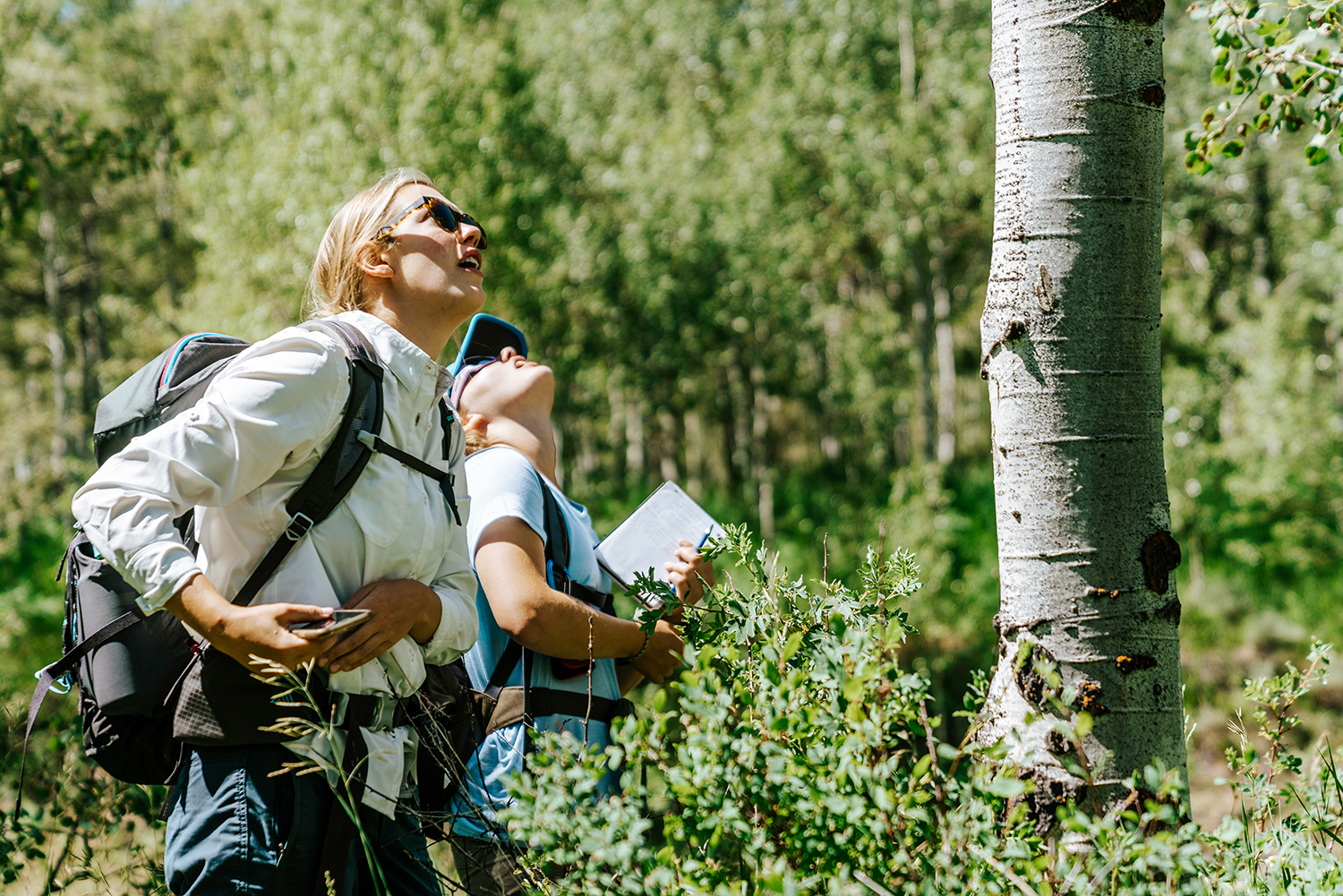Introduction to Field Conservation
Course Description:
Introduction to Field Conservation is an immersive field course designed to introduce students to the principles, practices, and challenges of conservation biology in natural environments. This course will provide students with hands-on experience in the field, focusing on conservation strategies, biodiversity monitoring, and ecosystem management techniques.
Throughout the course, students will explore the fundamental concepts of conservation biology, including the importance of biodiversity, threats to ecosystems, and approaches to mitigating human impacts on the environment. Emphasis will be placed on understanding the underlying ecological processes that drive ecosystem dynamics and the role of conservation interventions in preserving biological diversity.
Field excursions to diverse habitats, such as forests, wetlands, and coastal ecosystems, will allow students to engage in practical conservation activities under the guidance of experienced instructors. Students will participate in habitat assessments, species surveys, and monitoring protocols to evaluate the health and resilience of natural ecosystems.
In addition to fieldwork, students will engage in classroom discussions, workshops, and seminars to explore key conservation topics, including habitat fragmentation, invasive species management, and the ethical considerations of conservation efforts. They will also examine case studies of successful conservation initiatives and critically evaluate the effectiveness of different conservation approaches.
By the end of the course, students will have developed foundational field skills in conservation biology, including species identification, data collection, and ecological monitoring. They will gain a deeper understanding of the interconnectedness of ecological systems and human activities, as well as the importance of interdisciplinary collaboration in addressing conservation challenges.
Introduction to Field Conservation will inspire students to become active stewards of the natural world, equipping them with the knowledge, skills, and ethical framework necessary to contribute to the conservation and sustainable management of biodiversity. Whether pursuing further studies in conservation biology or environmental science, students will be prepared to make informed decisions and take meaningful action to protect our planet’s precious ecosystems.

